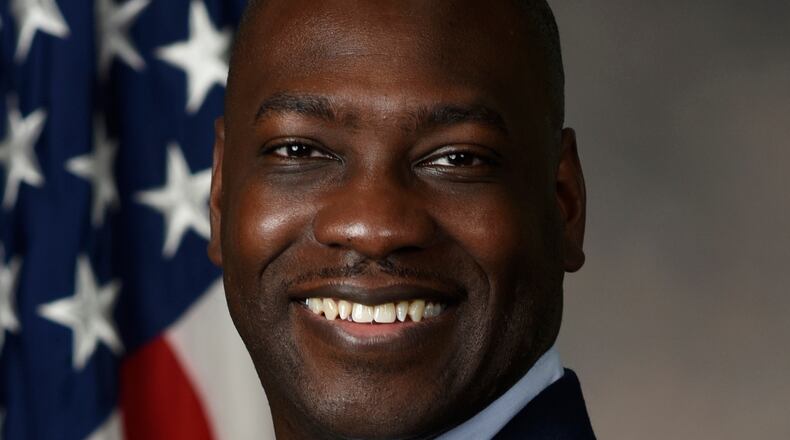The three areas where a high EQ can benefit leaders are self-awareness, mastering self-control and improving surroundings.
Self-awareness
As a leader, awareness is instrumental in leading effectively, and it begins with yourself.
Becoming self-aware of who you are and understanding how you display your emotions has a direct effect on those who surround you. Learning how to monitor your emotions can promote a more comfortable environment for everyone to work in, as people feel free to express their concerns without the fear of unsettling a teammate.
Next is being aware of others’ emotions and the surrounding environment. Having situational awareness provides you the ability to navigate events with as little conflict as possible. To understand and recognize these emotions, you must first know the person, your team and what is going on with them.
When you know your team, rapport is built. This allows you the ability to determine what motivates your team, show empathy in times of need and recognize early when it is time to make adjustments to improve a situation.
Mastering the art of self-control
An underrated skill we all should constantly work on is managing our emotions, and this plays directly from being self-aware.
Managing emotions does not mean you must be stone cold or hide your feelings, but rather learn how to express your emotions appropriately. It is always good practice to think not just before you speak but also before you react.
When individuals lack emotional intelligence, empathy is rarely displayed, which leads to people feeling undervalued. Erosion of trust settles in, and now the ability to communicate is negatively affected, leading to conversations that can seem passive-aggressive.
Protect yourself and others by asking for two-way feedback to establish a level of understanding. By being self-aware and understanding others’ emotions, leaders can communicate assertively and effectively in nearly any situation.
Using EQ to improve your surroundings
Throughout my time in the Air Force, I noticed that great leaders constantly take time to maintain healthy relationships with the Airmen who surround them.
They spent a great deal of effort developing others’ careers and nurturing their progress. They instill teamwork between members and encourage cooperation to effectively boost mission success. But to reach that level, you must know what and who you are dealing with.
Remember, every decision we make is backed by some type of emotion. The difference between an inspired section and toxic work environment is knowing how to correctly harness your message and feelings. You can be direct and assertive without being off-putting or condescending.
Take the time to understand your personnel and speak to them on a level they understand while remaining encouraging.
As you increase your EQ as a leader, the benefits become endless — ranging from decreasing occupational stress to increasing the team’s well-being, ultimately improving your decision-making skills and those around you.
We are currently operating in the most diverse workforce the Air Force has ever seen. Having high EQ is critical to success in today’s work environment.
The question I leave you with: What are you doing to increase your emotional intelligence?
About the Author
